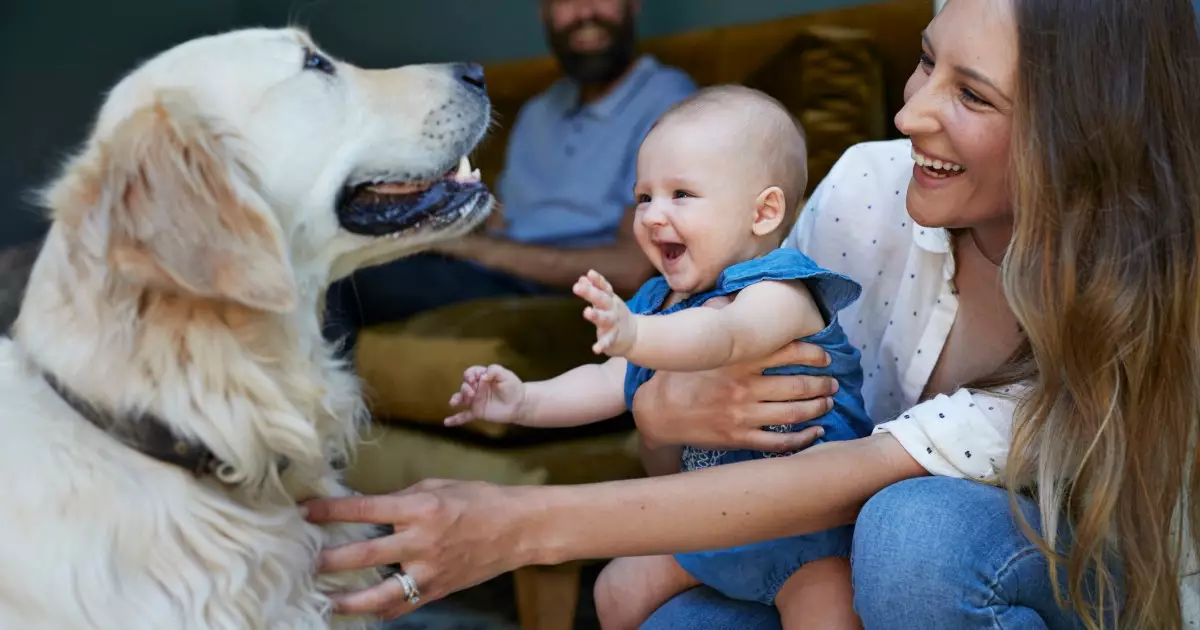Raising a dog is not merely a matter of feeding, grooming, and occasional walks. It’s an intricate process, especially during the formative weeks of your puppy’s life, where early experiences play a monumental role in shaping their personality and behaviors as adults. One of the most critical aspects of this nurturing process is the socialization phase. Proper socialization dramatically influences how friendly, confident, and adaptable a dog becomes. Therefore, it’s essential for dog owners to understand the significance of this developmental window and to take intentional steps to create a socially adept canine companion.
Between the ages of a few weeks to about four months, puppies are acutely sensitive to their surroundings. This stage is crucial for building their characters, and positive encounters during this period can significantly alter their behavior in adulthood. For instance, if a puppy is exposed to a variety of people and situations, including children and men, they are more likely to grow up comfortable and friendly around them. Conversely, a lack of positive experiences can lead to fear-based reactions and antisocial tendencies in adult dogs.
As new pet owners prepare to embark on this journey, they must prioritize finding a puppy that has already been introduced to various human interactions. Once a puppy has arrived in their new home, it becomes imperative to expose them to a diverse array of individuals right from the start. This proactive approach is essential for fostering a well-adjusted, people-friendly dog.
However, new puppy owners face a challenge during these initial weeks. The necessary socialization coincides with a critical vulnerability phase—puppies are not yet fully vaccinated, making public outings risky due to exposure to diseases. Fortunately, there are effective strategies to navigate this situation. Hosting “puppy parties” can be an excellent alternative. By inviting friends and family over, owners can introduce their puppies to a variety of safe interactions without exposing them to potentially harmful environments.
When organizing these gatherings, it’s sensible to curate a list of attendees that includes calm individuals who understand how to interact with dogs appropriately. It is particularly important to include children and men, as these demographics can sometimes instill apprehension in untrained puppies. Regardless of whether or not you have kids at home, familiarizing your puppy with children is crucial; this will help mitigate the risks of future incidents, as many dog-related injuries involve children.
Variety is also vital—having the same group of guests repeatedly is counterproductive. Instead, make a concerted effort to invite different people to socialize with your puppy. This not only enhances the learning experience for your dog but also reignites your social life by expanding your circle of acquaintances.
To maximize the benefits of these social gatherings, set the stage for learning. Encourage guests to engage with puppies constructively: hand-feeding treats, practicing basic commands, and providing plenty of affectionate physical contact can be excellent methods to reinforce positive associations. If every positive interaction is rewarded, this will foster a friendly and trusting relationship between your puppy and people, setting the groundwork for a well-adjusted adult dog.
While the ideal situation would involve daily gatherings during this critical age, it’s sometimes unrealistic. Aiming for three sessions each week would be a commendable effort, though even one weekly interaction is better than none—every moment counts.
Even though a puppy may not be ready for the ground outside, they can still experience public outings in carriers or comfortable bags. Taking them to dog-friendly cafes, work environments, or parks allows for additional exposure to an array of people and new surroundings, provided these interactions are framed positively.
Furthermore, socialization extends beyond just human interaction; other dogs can significantly contribute to a puppy’s learning. Through play, puppies develop crucial skills such as bite inhibition. This is a natural process where a puppy learns to control the force of their bite through feedback from their playmates.
As a dog owner, you can further reinforce this concept during playtime by responding to painful nips with a sharp yelp or an “Ouch!” This teaches the puppy that their behavior has consequences. If they persist, a calculated time-out where play ceases can help clarify that biting disrupts fun.
Finally, it’s imperative to involve every family member in the training process, especially children, teaching them how to behave around the puppy and how to handle biting incidents appropriately. Ensuring that your puppy learns to interact gently with children will reinforce that they are part of the family and deserve kindness as fellow living beings.
With conscious planning and social interaction, every dog owner can successfully navigate the critical period of puppy development. By prioritizing socialization, providing opportunities for learning, and maintaining variety, you will raise a sociable, confident dog who thrives in human company. With a little effort, you’re on your way to fostering a happy and well-adjusted canine companion.

